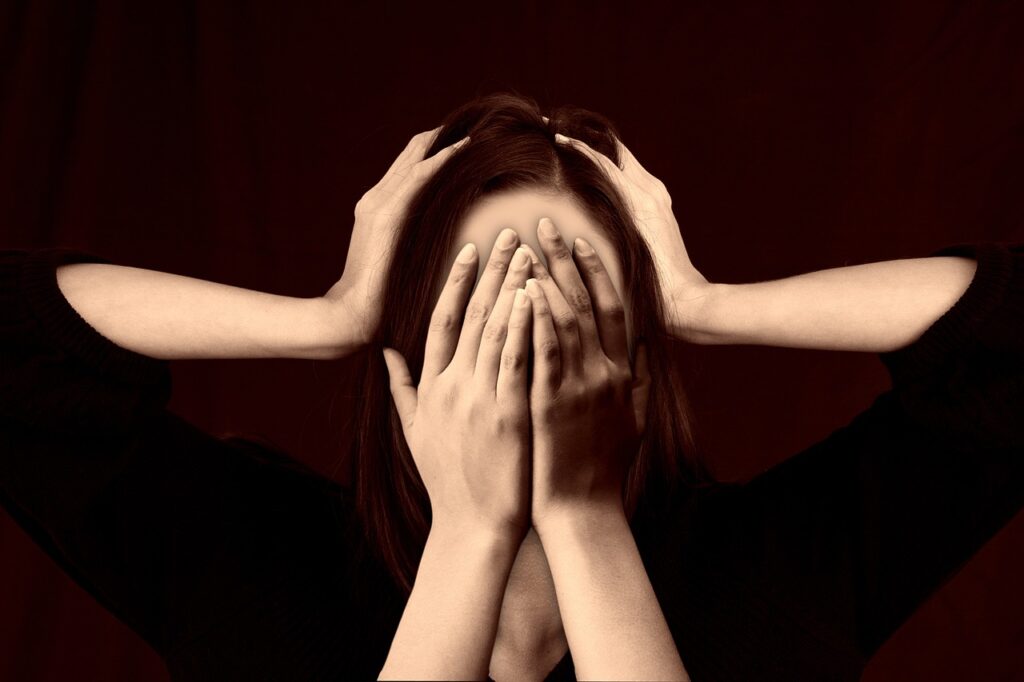In many parts of the world, the natural and essential process of menstruation is still shrouded in stigma, misinformation, and neglect. Period inequity refers to the systemic barriers that prevent women and girls from accessing the resources and information they need to manage their menstrual health with dignity. This issue not only affects their physical health but also has far-reaching implications for their education, economic opportunities, and overall well-being.
The Reality of Period Inequity
Period inequity is a multifaceted problem that manifests in various forms:
- Lack of Access to Menstrual Products: In many low-income communities, sanitary pads, tampons, and other menstrual products are often unaffordable or unavailable. This forces women and girls to resort to using unsafe alternatives like rags, leaves, or even newspaper, which can lead to infections and other health issues.
- Limited Access to Sanitation Facilities: Many schools and workplaces lack clean, private, and safe sanitation facilities for women to manage their periods. This often results in girls missing school during their menstrual cycles, contributing to higher dropout rates and hindering their educational progress.
- Stigma and Misinformation: Menstruation is still considered a taboo topic in many cultures. This stigma leads to a lack of education and awareness about menstrual health, causing girls to feel ashamed and embarrassed about their periods. In some cases, cultural myths and taboos further restrict their activities during menstruation, isolating them from daily life.
- Economic Impact: Period inequity also has economic consequences. Women and girls who cannot afford menstrual products may miss work or school, limiting their economic opportunities and perpetuating the cycle of poverty. The cost of menstrual products can be a significant burden for low-income families, forcing them to make difficult financial choices.
The Importance of Addressing Period Inequity
Addressing period inequity is not just a matter of health and hygiene; it is a matter of human rights and gender equality. By ensuring that women and girls have access to the resources and information they need to manage their menstrual health, we can empower them to lead healthier, more productive lives.
What Can Be Done?
- Education and Awareness: Breaking the stigma around menstruation starts with education. Schools, communities, and organizations need to provide accurate information about menstrual health and hygiene, dispelling myths and promoting a positive understanding of menstruation.
- Access to Affordable Menstrual Products: Governments, NGOs, and private enterprises must work together to make menstrual products affordable and accessible to all. This can include subsidizing products, reducing taxes on sanitary products, and distributing free menstrual supplies to those in need.
- Improving Sanitation Facilities: Ensuring that schools, workplaces, and public spaces have clean, private, and safe sanitation facilities is crucial. This includes providing adequate disposal options for menstrual products and ensuring access to clean water and soap.
- Policy and Advocacy: Advocacy efforts must focus on creating policies that address period inequity at the national and international levels. This includes integrating menstrual health into broader health and education policies and ensuring that menstrual health management is recognized as a fundamental human right.
Our Commitment at The Sew Bee-Cause Foundation
At The Sew Bee-Cause Foundation, we are committed to addressing period inequity through our initiatives. We upcycle pre-used fabrics to create reusable sanitary pads, which are distributed to women and girls in vulnerable communities. Our volunteers work tirelessly to produce these essential items, helping to reduce waste and promote sustainable menstruation solutions.
By providing these reusable sanitary pads, we aim to ensure that every woman and girl can manage her menstrual health with dignity. We also engage in educational campaigns to raise awareness about menstrual health and break down the stigma surrounding periods.
Join Us in the Fight Against Period Inequity
Period inequity is a challenge that requires collective action. By supporting initiatives like ours and advocating for menstrual health rights, we can create a world where every woman and girl can manage her period with dignity and confidence.
Together, we can make period inequity a thing of the past and pave the way for a more equitable future.
Get Involved
Join us at The Sew Bee-Cause Foundation in our mission to address period inequity. Whether through volunteering, donating, or spreading awareness, your support can make a significant impact in the lives of women and girls worldwide. Together, we can sew the seeds of change and build a brighter, more equitable future for all.

